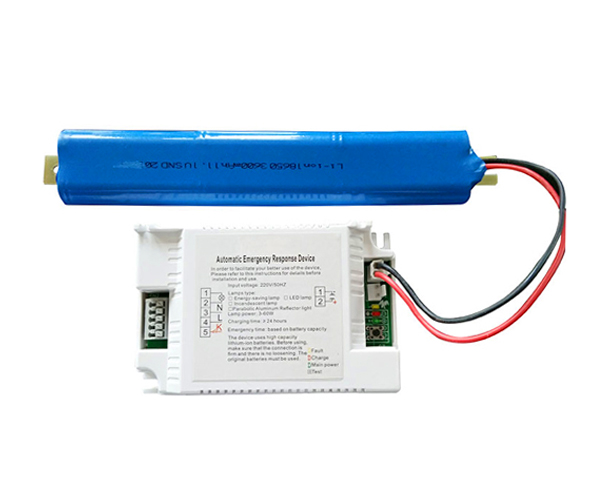Which Type of Emergency Power Pack is Best Suited for Backup Power During Outages?
During power outages, having backup power becomes crucial to keep essential appliances, devices, and systems running smoothly. Emergency power pack offer a reliable solution to tackle these situations. They come in various forms and provide power from alternative sources such as generators, batteries, solar energy, or fuel cells. By understanding the different types available, you can select the one that suits your requirements the best.
Portable Generators: Versatile Power Solution
Portable generators are a popular choice for backup power during outages. These machines use gasoline, diesel, propane, or natural gas to produce electricity. They offer high power output and can run multiple appliances simultaneously. Portable generators are available in different sizes, making them suitable for various applications, from powering a few essentials at home to providing electricity for construction sites or outdoor events.
Uninterruptible Power Supply (UPS): Reliable for Electronics
If your main concern during power outages is protecting sensitive electronics and avoiding data loss, an uninterruptible power supply (UPS) might be the best choice. UPS systems provide backup power to connected devices in case of an outage, allowing you to safely shut them down or continue working until the main power supply is restored. They are commonly used for computers, servers, network equipment, and other electronic devices.

Solar Power Banks: Eco-Friendly Backup Option
For those looking for a sustainable and eco-friendly backup power solution, solar power banks offer an excellent choice. These devices harness energy from the sun using solar panels and store it in built-in batteries. Solar power banks are lightweight, portable, and provide a renewable source of electricity. They are especially useful in outdoor settings or locations with ample sunlight.
Power Inverters: Converting DC to AC Power
Power inverters are a practical option if you already have a reliable source of DC (direct current) power, such as a car battery or a deep-cycle battery. These devices convert DC power into AC (alternating current) power, allowing you to run household appliances and electronics during outages. Power inverters come in various sizes and power capacities, making them suitable for different needs.
Battery Power Stations: All-in-One Emergency Power Solution
Battery power stations are versatile emergency power supply that combine the benefits of portable batteries and inverters. These stations typically feature built-in AC outlets, USB ports, and DC ports, allowing you to power various devices simultaneously. They are rechargeable and can be charged using a wall outlet, solar panels, or a car charger. Battery power stations are portable and can provide backup power for a wide range of applications, from camping trips to home emergencies.
Fuel Cell Power Packs: Efficient and Clean Energy Source
Fuel cell power packs are an innovative backup power solution that utilizes hydrogen or other fuels to produce electricity. These packs are highly efficient, generate minimal noise, and produce clean energy. Fuel cells are especially useful in situations where a long-duration power supply is required. They are commonly used in industries, telecommunications, and remote locations where grid power is unavailable.
Choosing the Right Emergency Power Pack for Your Needs
Selecting the most suitable emergency power pack depends on several factors. Consider the power requirements of the devices you want to run, the duration of backup power needed, portability, fuel availability, noise levels, and environmental impact. Assessing these aspects will help you narrow down the options and choose the power pack that aligns with your specific requirements.
Factors to Consider When Selecting an Emergency Power Pack
When choosing an emergency power pack, keep the following factors in mind:
Power capacity and output
Runtime and recharge time
Fuel type and availability
Portability and ease of use
Noise levels
Environmental impact
Additional features and compatibility
Installation and Maintenance Tips for Emergency Power Packs
To ensure your emergency power pack performs optimally when needed, follow these installation and maintenance tips:
Read and follow the manufacturer's instructions carefully.
Choose an appropriate location for installation, considering ventilation and noise.
Regularly test your power pack and perform maintenance as recommended.
Keep spare fuel or replacement batteries if required.
Inspect and maintain your power pack periodically to identify any issues.
Conclusion
Having a reliable emergency Driver Power Supply can provide peace of mind during unexpected outages. Whether you opt for a portable generator, UPS, solar power bank, power inverter, battery power station, or fuel cell power pack, each type has its unique advantages and applications. Consider your specific power needs, environmental concerns, and other factors discussed in this article to make an informed decision. By selecting the right emergency power pack, you can ensure the safety and comfort of your household or business during power interruptions.
505
0
0


Comments
All Comments (0)